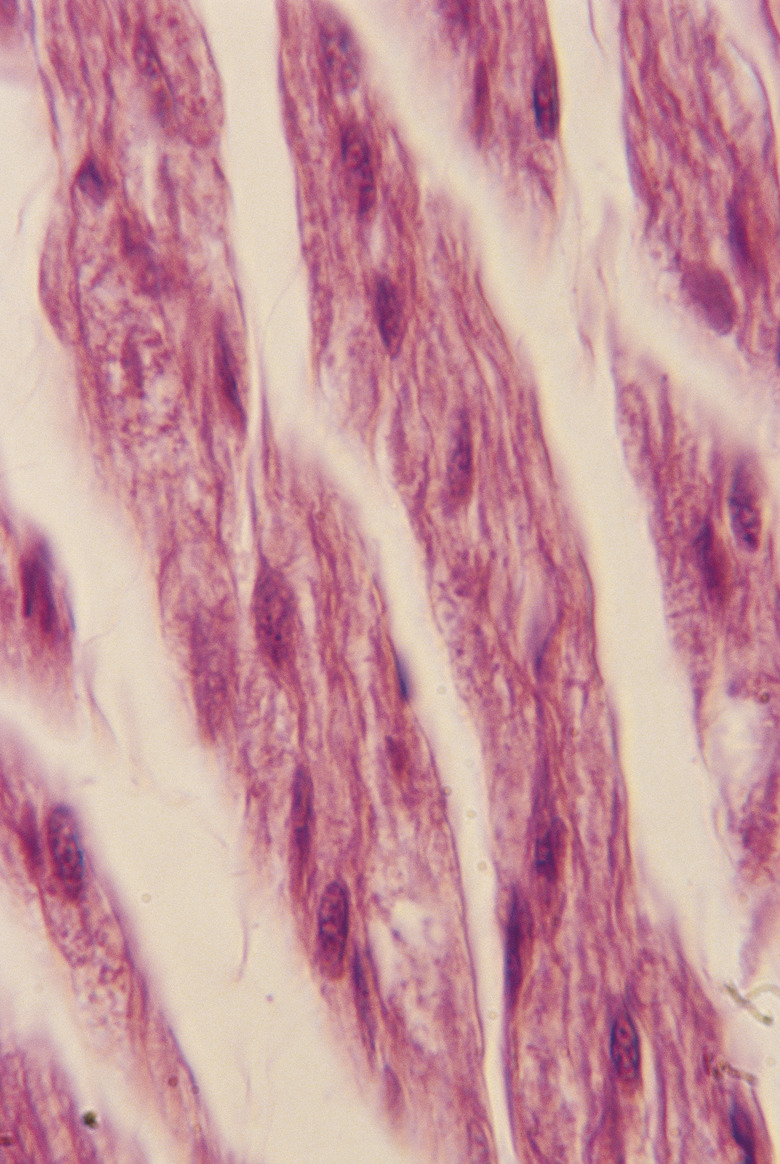What Kind Of Energy Makes Muscle Cells Contract?
Muscles are bundles of fibrous tissue that, by contracting and relaxing, enable the body to move or to remain in position. These bundles are made of long but thin individual cells, embedded in a covering. Muscle fibers are synapsed by axons that trigger them to function. However, it is the metabolism of sugars and fats — chemical energy — that drives muscle cells.
Fat Metabolism
Fat Metabolism
Fat metabolism is the primary source of energy during ordinary muscle use. Fat metabolism requires oxygen. Intense muscle usage requires more oxygen than the body can immediately provide. When required, the body produces energy, though less efficiently, by means of anaerobic processes — processes that do not require oxygen. Fat metabolism is one form of chemical energy.
Anaerobic Glycolysis
Anaerobic Glycolysis
Anaerobic glycolysis converts glucose sugar into fructose, which is then converted into glyceraldehyde phosphates, which is further converted into phosphoglycerates, which is changed — finally — into pyruvate and energy. In this case, also, it is chemical energy that makes muscle cells contract.
Cite This Article
MLA
Summers, Vincent. "What Kind Of Energy Makes Muscle Cells Contract?" sciencing.com, https://www.sciencing.com/what-kind-of-energy-makes-muscle-cells-contract-12730931/. 25 November 2013.
APA
Summers, Vincent. (2013, November 25). What Kind Of Energy Makes Muscle Cells Contract?. sciencing.com. Retrieved from https://www.sciencing.com/what-kind-of-energy-makes-muscle-cells-contract-12730931/
Chicago
Summers, Vincent. What Kind Of Energy Makes Muscle Cells Contract? last modified March 24, 2022. https://www.sciencing.com/what-kind-of-energy-makes-muscle-cells-contract-12730931/
